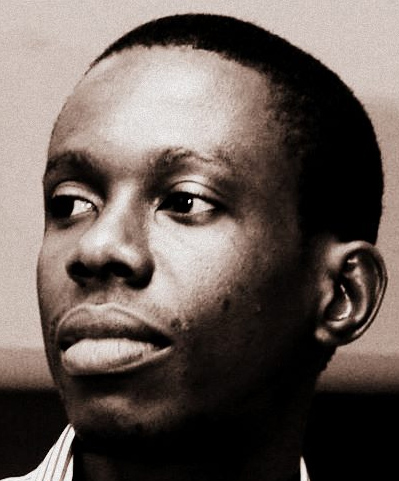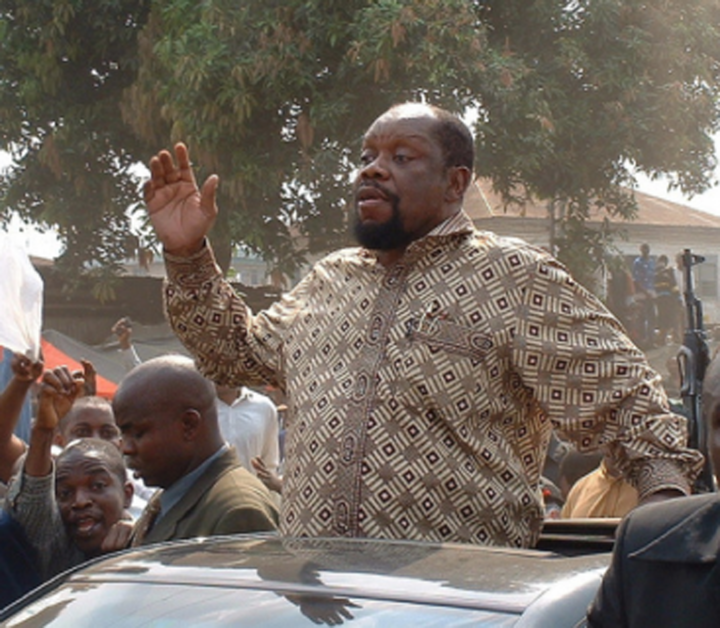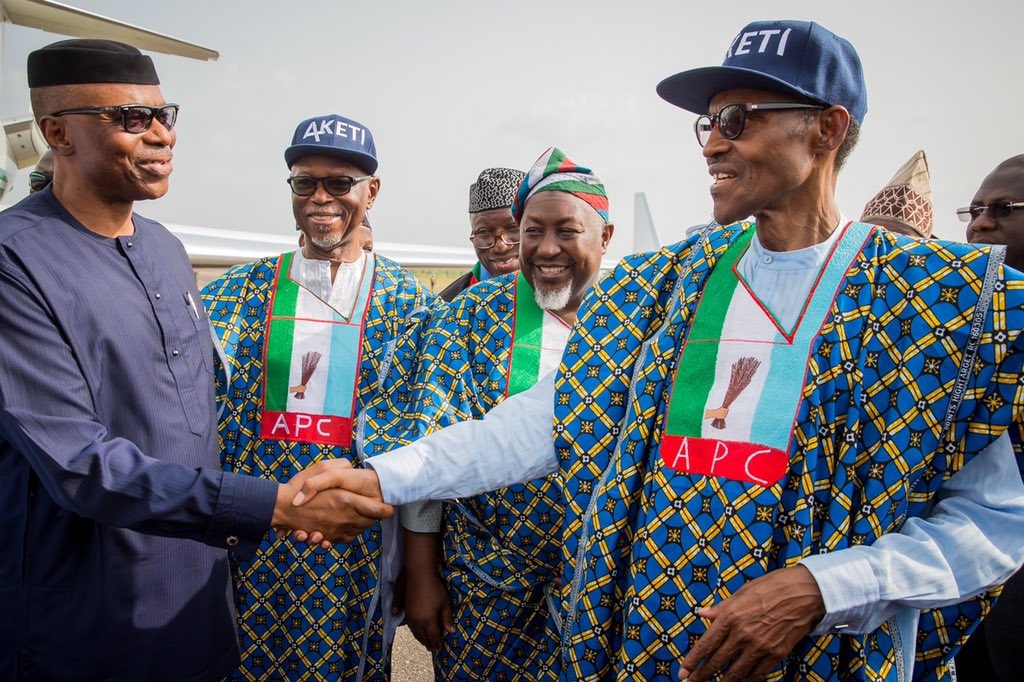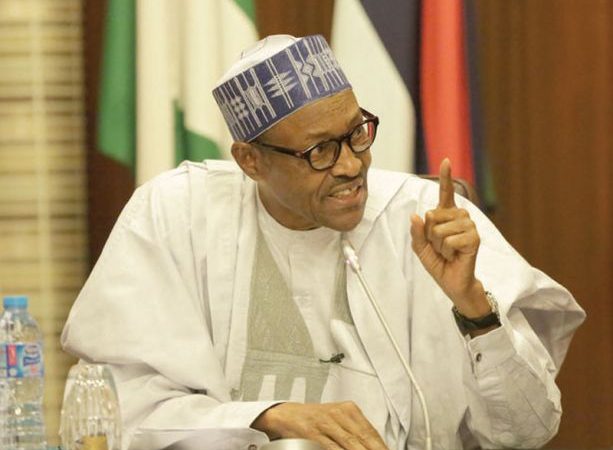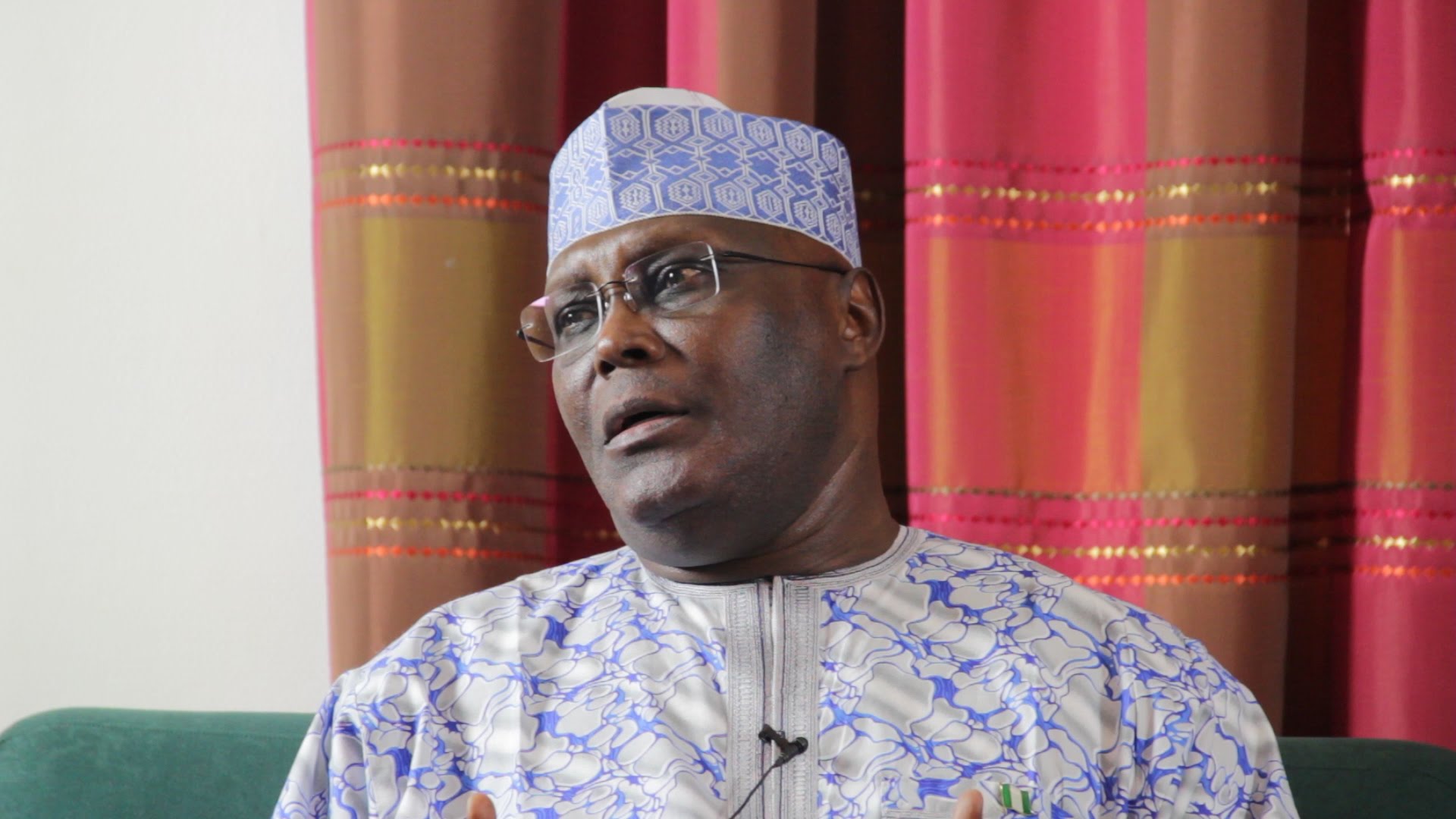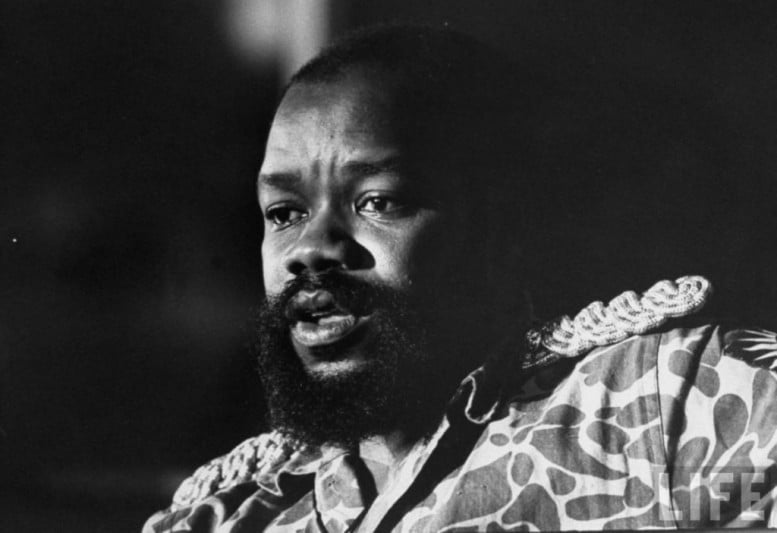Sometime in 2014 in Abuja I took an airport taxi headed to town. While conversing with the cabman, whom I happened to find out was from Plateau State, he told me that in his village they have a saying that goes like this: “If you go to a place and don’t find an Igbo man there, then that place is unsafe.” That wasn’t the first time I would hear the Igbo described in such manner.
This saying about the Igbo collaborate the tale that they are found everywhere. Not only can the Igbo be found in every local government area in Nigeria, they’re also active in the economic development of these areas. Until recently they focused on other regions, except the Southeast where they come from. This attitude to develop elsewhere while abandoning theirs is how they came about being the major stakeholders in the Lagos International Trade Fair Complex.
When the late Chief Chukwuemeka Odumegwu Ojukwu was invited to the commissioning of the complex that sits on a 332 hectares along the Lagos-Badagry expressway, it was reported that he literally cried. He was said to have cried because the Igbo formed the core investors in the complex, which is a federal government initiative.
In a first person account, Dr. Ramas Okoye Asuzu had told an interviewer from Daily Times newspaper that, “I was present when the late Ikemba of Nnewi, Chief Chukwuemeka Odumegwu Ojukwu was invited to the commissioning… Ikemba cried and told the Igbo people to their faces that he was totally disappointed in them. He warned them that in the end, they will regret all these investments they are pouring into Lagos State because in a matter of time, only with a pen through one legislation will Lagos State legislators write off their property.”
Advertisement
Lawmakers in Lagos may not have passed a legislation to write off the Igbo investors share but, ownership of the Lagos International Trade Fair Complex remains embroiled in legal tussle, while the potential of the complex is yet to be fully harnessed. The annual Lagos International Trade Fair which normally should be held in the complex premises has been moved to the Tafawa Balewa Square. Also there were reports sometime ago that the Lagos State Government, in an attempt to decongest Apapa Wharf, planned to use the complex as parking space for trailers.
From this and other events such as the destruction of properties belonging to the Igbo during riots in Northern Nigeria, it can be said that the Igbos have sometimes suffered loss in their attempt to assimilate into a “one Nigeria”. This misfortune, and the fact that their region largely remain underdeveloped, has led over the years to many Igbos clamouring for their kin to come home and develop the Southeast, a clamour now being backed by action.
For instance, in two of the Southeast’s economically advanced States, Abia and Anambra, the Igbos now appear to be coming back home to participate in developing the region. In Abia, the construction of a 1,200 shop capacity cluster worth N1.5 billion has been set in motion at Aba, the commercial hub of the State by the Aba Heavy Motor Parts and Tyre Sellers Association, AHMPTSA, and is backed by the State Government.
Advertisement
Also in Abia, construction of the Aba Leather and Garment Industrial City has taken off in the state. The Industrial City is a full-service Public Private Partnership initiative wherein the State Government will provide the land and infrastructure while a private developer will construct and manage the City. Upon completion, facilities in the Industrial City will include equipment and machinery for processing finished leather goods, and industrial clothing line management.
The Abia State Governor, Dr. Okezie Ikpeazu has been a strong voice in calling on the Igbo to look inwards, “come back home” and develop the Southeast region. It can be said that no politician in today’s Igboland is pushing this agenda like Governor Ikpeazu; preaching this message everywhere he goes. This he did during his campaign to become governor, and that he has continued with it even after winning election makes it obvious that it was not just a convenient campaign slogan.
In Anambra, another prominent and progressive Igbo state, the clamour for the Igbo to look inwards is also evident with indigenous participation in the state economy. An entrepreneur, philanthropist and owner of the Las Vegas Pain Institute in Nevada, United States, Mr. Godwin Maduka, is currently constructing a 15 storey Specialist Orthopaedic hospital in his Umuchukwu community in Orumba South Local Government Area of the state.
And then there is the 2000 hectares Coscharis Rice Farm located in Anaku, Anambra, which has the strong backing of the State Government under incumbent Governor Willie Obiano. According to the state’s Commissioner for Agriculture, Mr Afam Mbanefo, Anambra has reached its target of achieving self-sufficiency in rice production. Having earlier targeted 210,000 metric tonnes of rice production per annum, “Based on the calculation of our expected yields, we are expecting to realize over 236,000 metric tonnes of rice in 2016 based on the production capacity,’’ said Mr. Mbanefo.
Advertisement
For a long time, Igbos resident in the Southeast have strived under harsh conditions and without any form of government support to build profitable businesses, but, never has there been a time like we are witnessing now in Abia and Anambra where the State Government and the political class are at the forefront of the campaign to “think home and develop the East”.
Maduekwe is editor at Discussing Africa. You can follow him on Twitter @Ojo_Maduekwe
Views expressed by contributors are strictly personal and not of TheCable.
Add a comment
